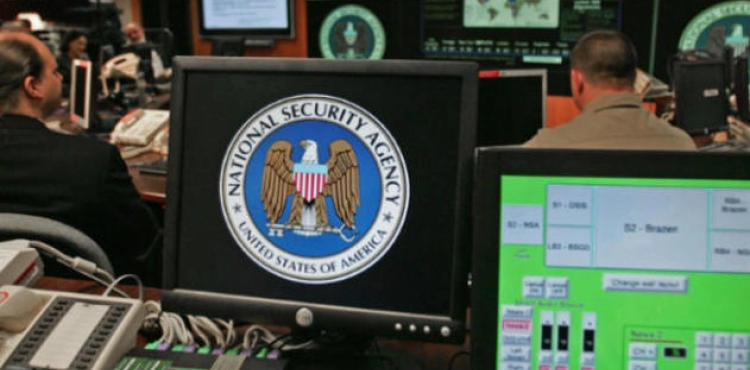In a move that could make Washington´s position on Beijing rigid for years, the US intelligence services have described relations with China as a global ideological confrontation that will not be contained in trade agreements or a campaign to stop China´s acquisition of technology secrets. Washington accuses it.
In a surprise move, US spy officials changed their minds about the competition between the giants and took a more profound view of competition for markets, technology and geopolitics.
The report, "Threat Assessment in the World," published by US intelligence chief Dan Coates, said China was seeking to spread "tyrannical capitalism" in the face of democratic liberalism in the West in a speech reminiscent of Cold War contracts.
"Chinese leaders will increasingly seek to impose the Chinese model of tyrannical capitalism as an alternative - and more implicitly - than the path of development abroad, provoking rivalry between superpowers that could threaten international support for democracy, human rights and the rule of law," the report said.
"The next ideological battle" will see "a stage of increasing Chinese foreign policy activity and a Chinese view of the world linking China´s internal vision to its international vision," including the idea that authoritarian regimes are more superior to markets, the report said.
Chinese policy analysts say the report signals a significant change in the way American thinking is based.
They say it goes far beyond Trump´s views, which treat relations with China as business transactions.
"This is more than just economics," said James McGregor, president of the consulting group APCO World Wide.
"Now that China has achieved great success, there is an ideological battle for the system that works better," he told AFP.
"There are many poor and developing countries that have looked at what China has done with admiration, and wonders if that system works for them," he said.
Aaron Friedberg, a professor at Princeton University and an expert on China, said the shift was remarkable but not surprising, after Xi Jinping ended decades of foreign policy that did not adopt an ideological rhetoric.
"For a long time, Chinese officials have done everything they can to say that they do not think they are providing an alternative model," he said.
"Now it´s an ideological competition because the Chinese see it like that."
But Shi is different from Mao Zedong, the leader who tried to export his Marxist-Leninist model in developing countries in the 1950s and 1960s according to Friedberg.
He explained that the Shi government "is doing things that can weaken democratic institutions in places where these institutions may not deeply be rooted", such as Central Europe and Africa.
"In Africa and elsewhere, their favorite partners are usually tyrannical rulers, which reduces the likelihood that they will have liberal political systems," he said.
According to Tarron Shahbara of the Brookings Institution, the US intelligence community believes China is deliberately attacking key US values ​​on the international stage.
"Our values ​​by nature threaten the Chinese Communist Party because of its fundamental commitment to freedom of expression," he said.
"Adhering to the idea that the state should not have a monopoly on the truth represents an ideological threat to the Chinese Communist Party," he said.
He cited two developments behind the decision to raise the idea of ​​an ideological battle.
The first development is the detention of about one million Uighur Muslims in western China in an effort to "wipe out" their identity.
"It reveals a fundamental clash between those who believe in the dignity of everyone and who practically justify anything in the name of internal security."
The second development, according to Chhapra, is Beijing´s massive digital surveillance of a social system that could one day give the Communist Party "communal control" to the degree Mao may not have dreamed of.
US-China relations have been steadily declining in the past five years with Shi´s determination to extend China´s influence across the globe.
Friedberg said the new attitude of US intelligence officials involved a letter to Trump, who unlike former presidents does not say much about liberal democratic values ​​and avoids looking at the relationship between Washington and Beijing as a basic battle between governance models.
"I think the report by the director of national intelligence draws attention to an issue that the administration has chosen for various reasons to ignore, that is their interpretation of reality, which is somewhat different from the people in the head of administration."
"He seems surprisingly sympathetic, with the non-liberal regimes," Fredberg said of Trump.












